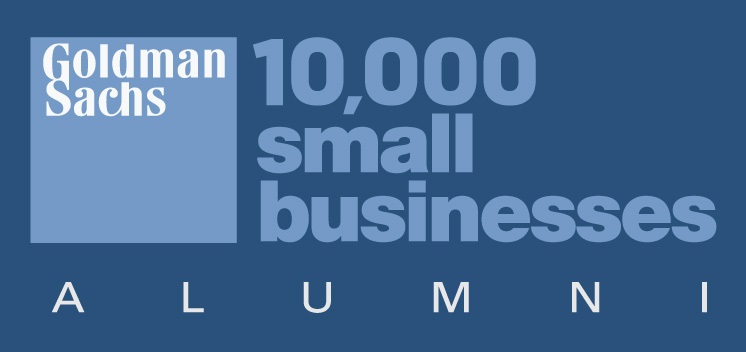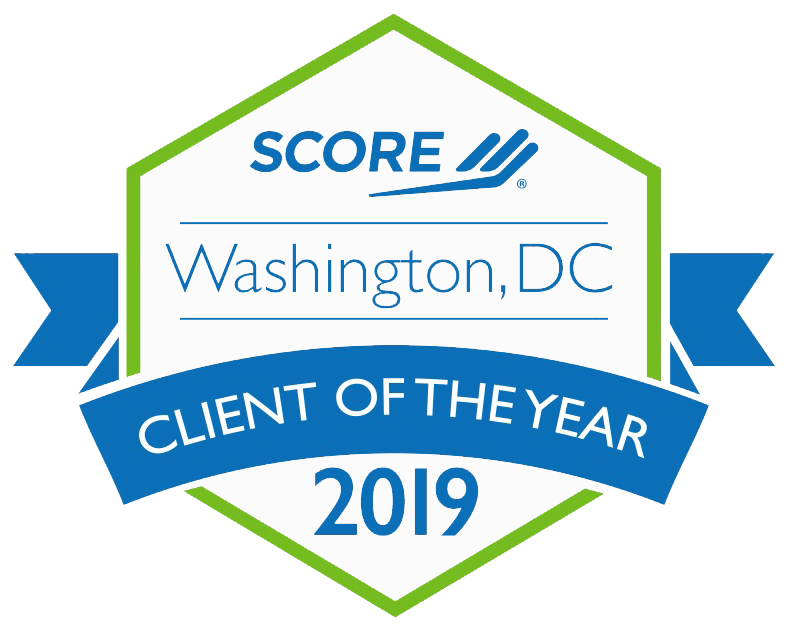Proposal reviewers are faced with the daunting task of reviewing and scoring hundreds (if not thousands) of grant proposals for any given project. As you can imagine, going through these is no simple task! To reduce the number of proposals for review, funders will look for reasons to eliminate proposals from the stack. In some cases, that criteria will be transparent to the writer; although this is not always the case.
Applying for grants is competitive, and creating a stand out proposal takes skill. To help your proposal score well and have a better chance of being funded, it’s important to look through the lens of a potential reviewer.
There are several steps you can implement to make your grant proposals stronger, more competitive, and easier for reviewers to score. Let’s dive in!

Prioritize clear writing.
If a proposal is even the slightest bit hard to read, it’s likely the reviewer will nix it and move on to the next. The reading should flow naturally, tell a story, and follow a chronological, organized order. Remember, while documentation and facts are great, a reviewer should understand what it’s like for a person who needs the nonprofit services. Storytelling is a huge component of building an understanding of your organization’s needs. If it helps, have another team member review the proposal before submission.
Eliminate jargon.
A reviewer will be able to tell if you’re using filler words or using terminology that sounds far fetched. Before using any abbreviations or technological terms, be sure to clearly define them (or place common acronyms in parentheses with the term spelled out first). Remember, a reviewer may not be familiar with your community, region of the world in which you operate, or understand the structure or terminology used to define those local contexts. It helps to have someone external to your organization review a proposal to make sure it flows.
Remember that you are the expert.
To piggyback off of that last point, it’s important to simplify where necessary. It’s likely the reviewer will be knowledgeable in your area of expertise; however this shouldn’t be assumed. The trick is to simplify your terminology without being condescending, and make sure your key points include enough detail and explanation. This will enable the reviewer to understand why the problem is pressing, what challenges you’re facing, and how your solution will create change.
Avoid the obvious.
As writers, we often include blanket statements in our proposals without even realizing it. For example, “Leukemia is a ravaging disease” or “the homeless population has skyrocketed in the past decade” are statements that don’t add any value to your proposal. While you don’t want to assume someone is a technical expert, you also want to assume they are educated and well informed on these obvious truths. Above all, it’s important to make sure your claims have merit, and facts are provided to back up your statements.
Provide documentation.
This is arguably the biggest area where grant writers fall short. In most cases, the funder will provide clear outlines of what documentation needs to be submitted. In addition to the actual document submissions, always remember to use citations, hyperlinks, etc. If it looks like the data your stating needs to be backed up with further information, go the extra mile.
Keep it concise.
You know what they say; less is more! Even if the funder specifies a maximum page limit, it doesn’t mean your proposal has to reach that limit. In fact, the reviewer will appreciate a concise proposal as it saves them time.
State clear goals and objectives.
It’s tempting for grant writers to overstate what they’ll accomplish should they receive the grant. Reviewers have a knack for picking out goals and objectives that seem over promising or too convoluted. Don’t be afraid to be honest about your organization’s weaknesses and how you’re working to overcome them. The goal is to show the reviewer that your organization has the skills and abilities to accomplish big things, without coming across as unrealistic.
Address sustainability.
A grant will only be given to those where reviewers feel they will use the money wisely. Be sure to state how you will utilize the funds long-term, and how you will work together with the funding organization to achieve those long-term goals.
We hope these tips will help you better prepare for your next proposal! Think you might need to outsource your grant writing services? RBW Strategy has you covered. Check out our grant writing services and hop on the fast track to better grant writing today.





